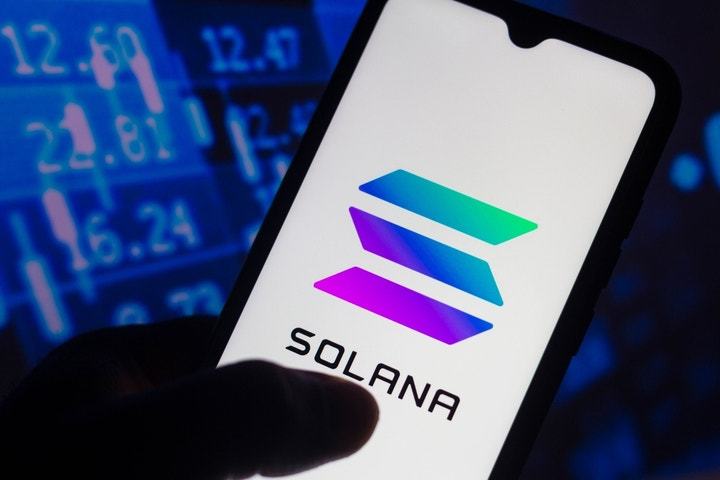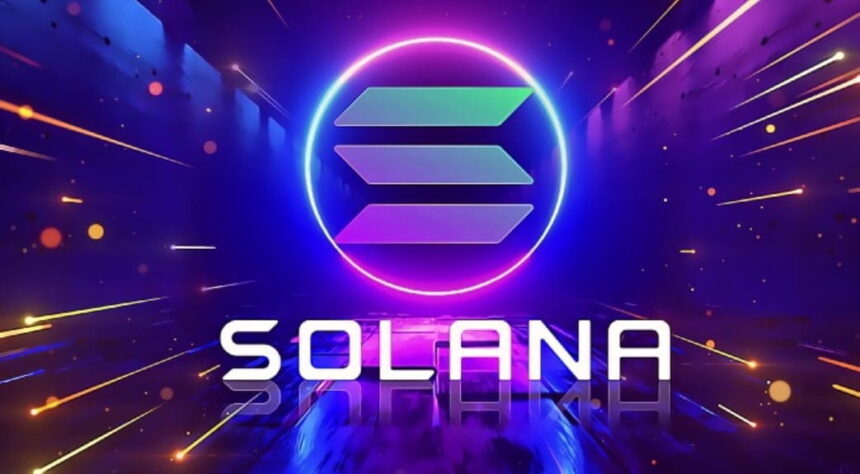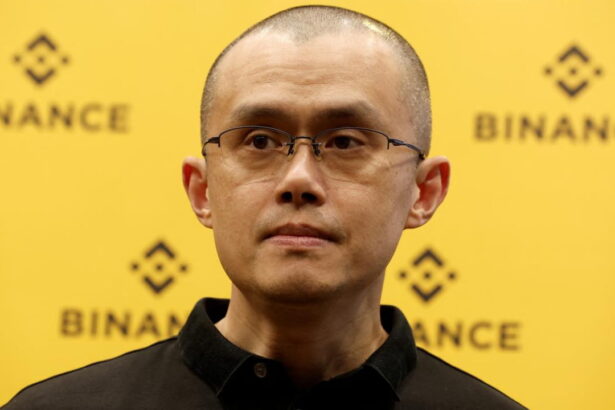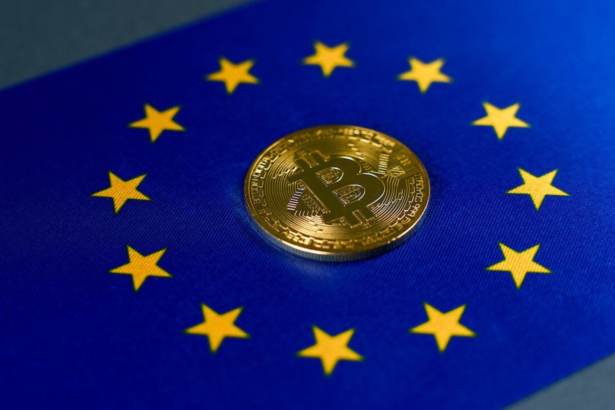Solana Validator Drains $60: The blockchain world was recently shaken by a major exploit involving the Solana network, where a validator drained $60 million from unsuspecting users through a sophisticated trading exploit known as sandwich attacks. This alarming incident has reignited debates about Solana Development Course Has Been Released network security, validator ethics, and the risks inherent in decentralized systems.
Understanding Sandwich Attacks
A sandwich attack is a type of front-running exploit commonly. Seen in decentralized finance (DeFi). In this scenario, an attacker observes a user’s pending transaction and places two transactions of their own: one before and one after the target transaction. By doing this, the attacker manipulates the asset’s price to their advantage. The target’s transaction is effectively “sandwiched” between the attacker’s trades. Enabling the attacker to profit from the price movements while leaving the victim at a financial loss.
How the Solana Validator Exploited Users
Validators play a critical role in maintaining blockchain networks by validating transactions and adding them to the ledger. However, with great power comes great responsibility—and risk. In this case, a malicious Solana validator leveraged its privileged position to monitor user transactions and execute sandwich attacks at scale.
By exploiting the visibility into pending transactions, the validator could strategically front-run and back-run trades. Reaping massive profits at the expense of unsuspecting users. Over time, this resulted in an astonishing $60 million loss for affected parties.
Implications for the Solana Ecosystem
This exploit has far-reaching consequences for Solana and the broader blockchain community. Some of the key concerns include:
- Trust in Validators: Validators are essential to blockchain functionality, but incidents like this undermine trust in the system.
- Security Vulnerabilities: The exploit highlights a critical vulnerability in the Solana ecosystem’s transaction mechanics, raising questions about how front-running risks are addressed.
- User Confidence: Such incidents can deter new users and investors from engaging with blockchain platforms, impacting adoption and growth.
Steps Solana Can Take to Mitigate Future Risks
 To restore confidence and prevent similar exploits, Solana and other blockchain networks must implement robust countermeasures. Some potential steps include:
To restore confidence and prevent similar exploits, Solana and other blockchain networks must implement robust countermeasures. Some potential steps include:
- Implementing MEV Protection: Solana could integrate systems to mitigate Maximal Extractable Value (MEV) exploits, which are the root cause of sandwich attacks. Solutions like private transaction pools or encryption mechanisms can help protect user transactions.
- Stronger Validator Oversight: Introducing stricter policies and monitoring for validator behavior can discourage malicious activity.
- Educating Users: Providing resources and tools to help users protect themselves, such as setting slippage tolerances, can reduce vulnerability.
- Upgrading Protocols: Regular updates to the network protocol that address emerging threats and incorporate community feedback can make the ecosystem more secure.
How Users Can Protect Themselves
While platform-level solutions are essential, users can also take proactive measures to safeguard their assets:
- Choose Trusted Validators: Select validators with a strong track record and community trust.
- Use Privacy Tools: Leverage wallets or exchanges that offer privacy-focused features to obscure transaction details.
- Set Slippage Tolerance: When trading, adjust slippage settings to minimize the risk of price manipulation.
Conclusion
The $60 million sandwich attack on Solana is a stark reminder of the risks present in the rapidly evolving blockchain space. While the promise of decentralized systems remains strong, incidents like these underscore the importance of vigilance, innovation, and accountability.
For Solana, addressing this issue is not just about repairing trust but also about setting a standard for security in the blockchain world. As users and developers, staying informed and advocating for stronger protections will be essential to building a safer, more reliable decentralized future.






